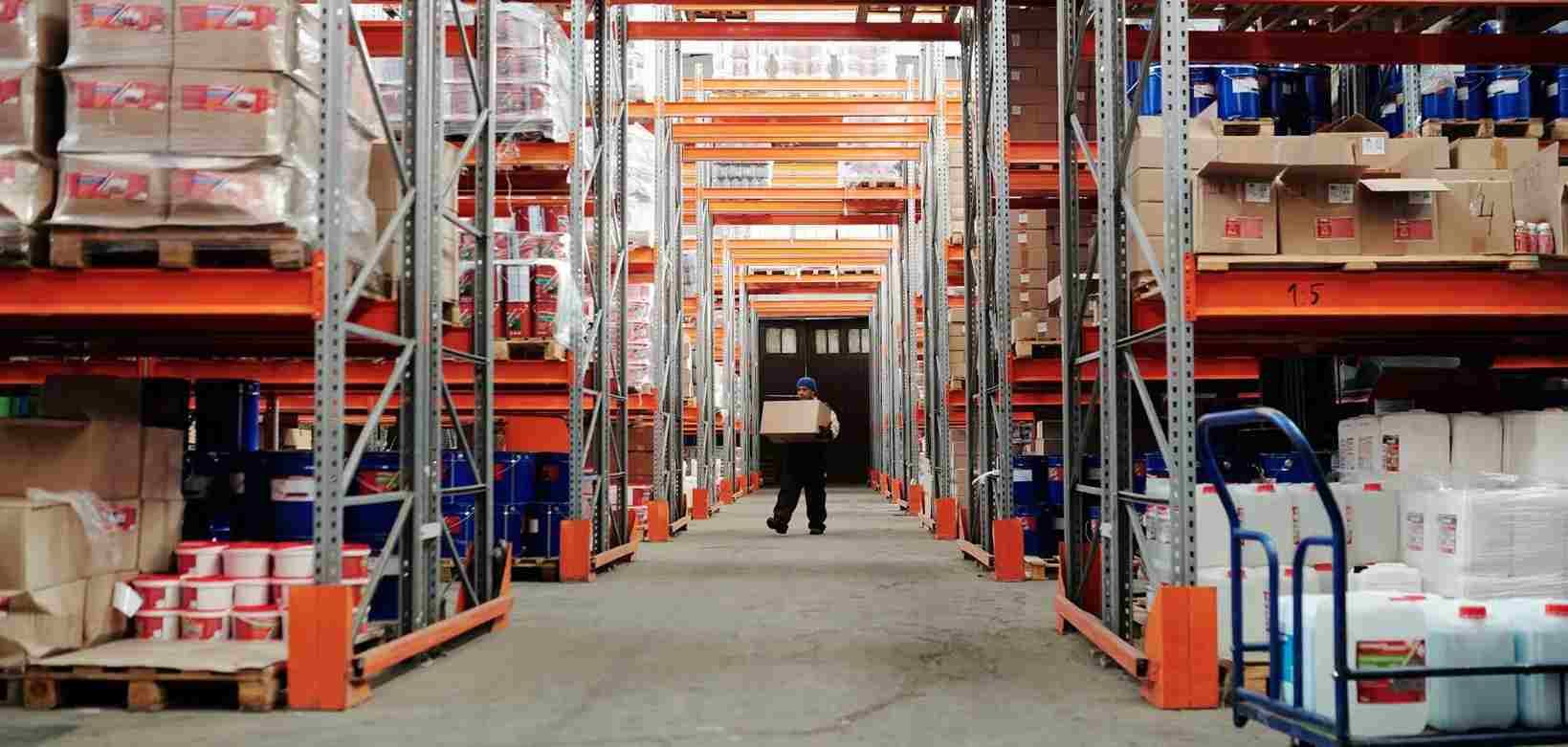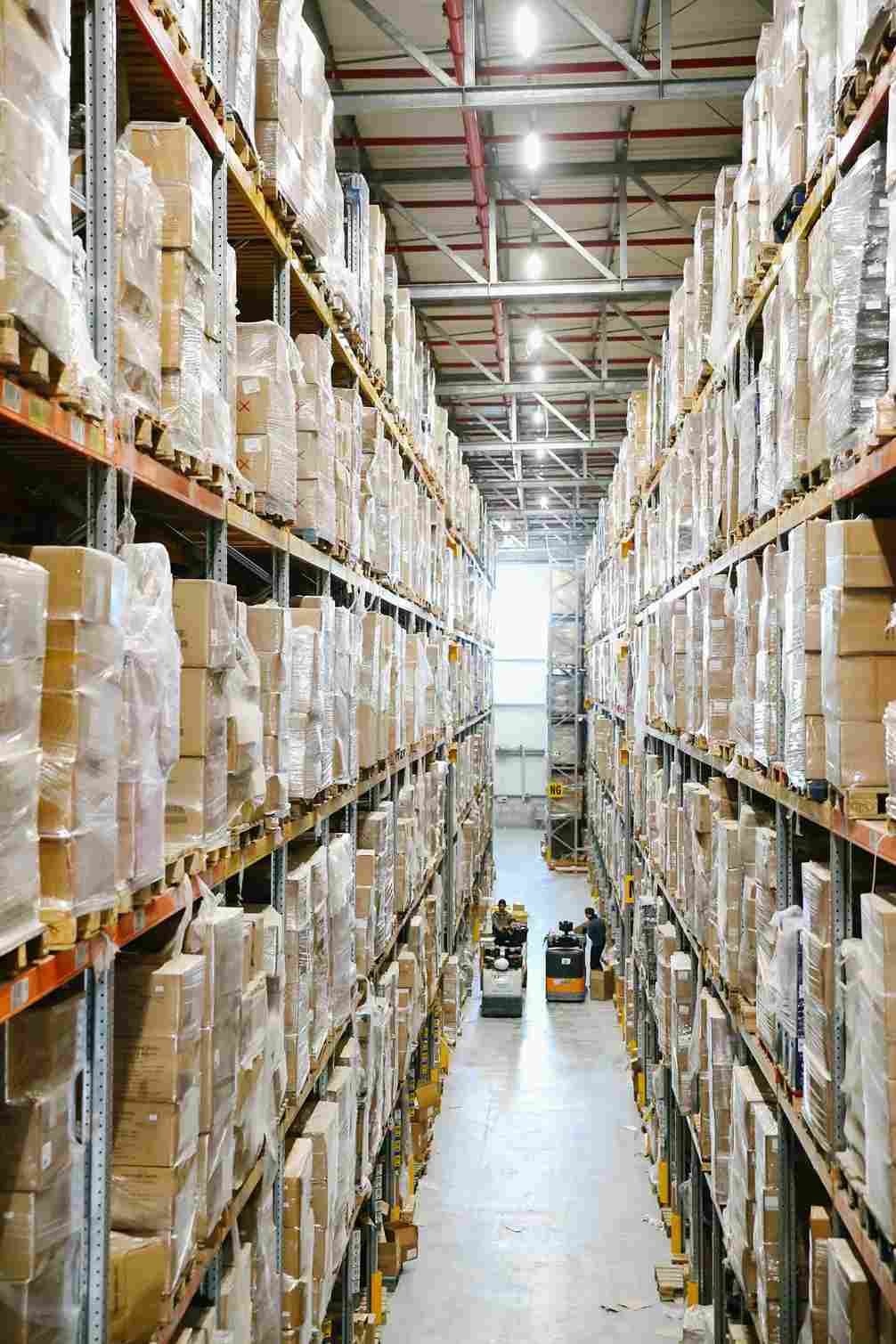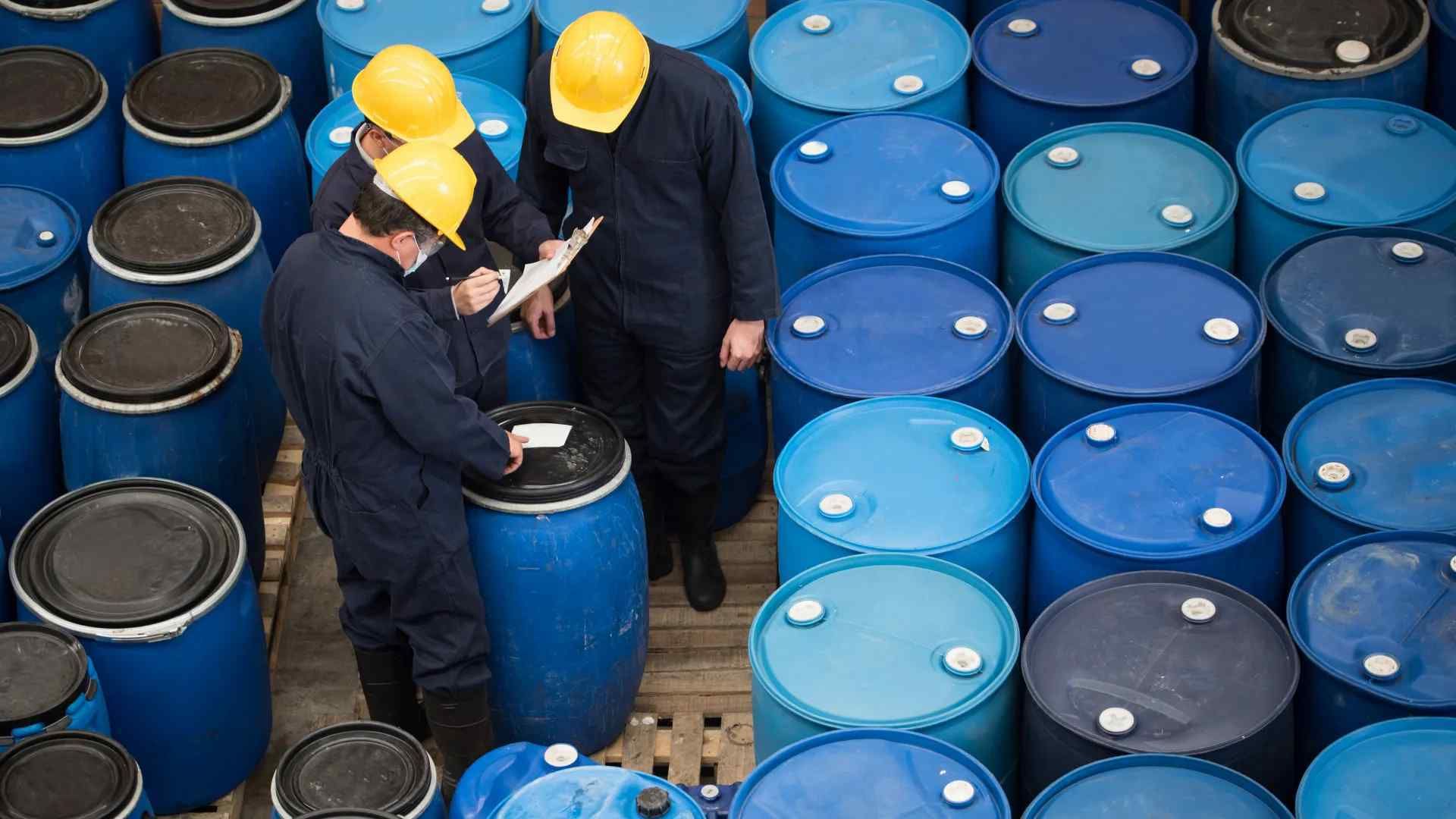Types of Warehouses and how they operate
A massive space with an average of 10 meters in height where you might get lost between the thousands of pallets, better known as a Warehouse.

A warehouse is not the same thing as a Distribution Center.
You might confuse a warehouse with a distribution center and use the words interchangeably. However, it is important to note that they refer to different things. Distribution centers work with the fast movement of goods, storing for short periods and fulfilling orders in the same area, while warehouses are designed for longer-term storage of goods.
Many people would describe a warehouse as just a place to store items, but its purpose extends beyond that. Warehousing companies are often responsible for distribution and delivery, optimizing it, so their customers achieve higher customer satisfaction and better productivity. At times, they avoid loss or theft of their goods during handling.
Here are five different types of warehouses and how they work:
Climate-Controlled Warehouse
A Climate-Controlled Warehouse is a cold storage facility for products that require storage at low temperatures, such as medicines, frozen goods, flowers, and perishable foods. Climate-controlled warehouses also use refrigerated inbound and outbound shipping.

Bonded Warehouse
Bonded warehouses can store imported goods without paying duties. Some goods duties are awfully expensive, so bonded warehouses allow importers and exporters to sell the products and then make the payment. Usually, those warehouses are managed by the government or customs authorities and work under specific agreements. Here are its benefits:
- In case the goods do not meet local demand, they can be exported and exempt from paying duties.
- Reduces the financial burden on the business for a while since taxes are not charged until the goods are released.
- A range of products can be stored.
- Most warehouses have alliances with freight forwarding companies, eliminating the hassle of managing the distribution of products and planning to ship.
Public Warehouse
Public warehouses provide storage services for businesses that cannot afford their own facilities. They allow them to rent for short-term distribution needs. It plays a significant role in marketing small firms, as a private warehouse would require a significant capital investment.
Sometimes retailers don't have enough capacity in their own private warehouses and need extra storage space for their products. The public warehouse provides the necessary solution to store their items.

Private Warehouse
A private warehouse is owned and operated by manufacturers, wholesalers, transport businesses, importers, exporters, etc. Private warehouses require a lot of investment, although it has ultimately proved very cost-effective and allows companies to manage their storage growth and distribution costs closely.
Hazardous Chemicals Warehouse
These types of warehouses do precisely as it is mentioned. They provide storage space for hazardous chemical materials. According to Occupation Safety and Health Administration (OSHA), any chemical that puts staff in physical or health danger is considered hazardous. Not all warehousing operations can store hazardous materials, they must have a hazmat chemical storage certification.
This rigorous certification process involves many organizations and varies from country to country. Although companies with this certificate can store hazardous materials with non-hazardous materials in the same warehouse, they can only do so with appropriate separation requirements.
What to consider when choosing a warehouse?
Choosing the right warehouse is a very important decision and has a direct impact on your operations. If you sell avocados or flowers, you will opt for a distribution center, or if you are just starting your business, a public warehouse will fit your budget best.
However, if your operations are experiencing steady growth, you would consider having your own private warehouse. Each operation has its unique process and requirements; if you're not sure what's best, a warehouse expert will advise you and point you in the right direction.
Want to have an overview of your inbound and outbound logistics processes? Check out how to keep track of your warehousing inspections in one place
here.





